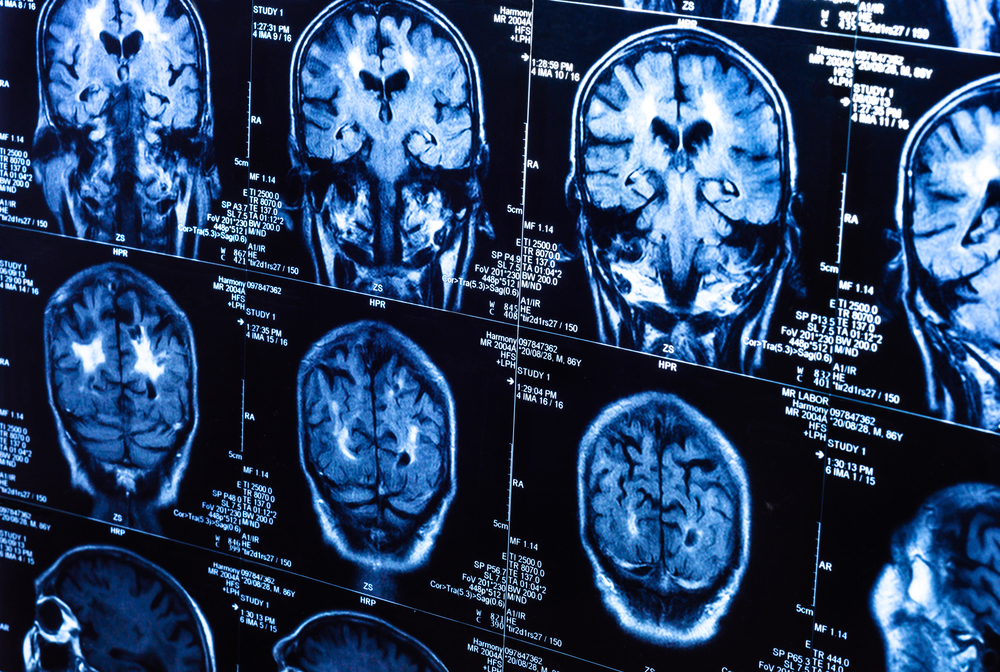Brain scans may reveal potential drug problems in teens
Scientists claim that scanning the brains of teenagers may help to predict whether they will develop problems with drugs in the future.
The international team of scientists studied adolescents known to act more impulsively than others in their age group because impulsiveness has sometimes been linked to drug misuse. The scientists found that those teenagers who showed a particular activity pattern when they had a brain scan were likely to develop drug problems. The scientists’ work was published in the journal, Nature Communications.
The study asked 144 youngsters, with no history of taking recreational drugs, to complete a questionnaire and undergo behavioural testing to assess their impulsiveness and attraction towards trying new things. The scientists then scanned the brains of the teenagers while they carried out tasks they had been told could result in them winning money. These tasks had been designed to show how different areas of the brain respond to the prospect of gaining a reward.
They determined that those teenagers who showed less nerve activity in particular regions were more likely to develop a drug problem within two years. The scientists put forward the theory that teenagers attracted to drugs do not have the same motivation for a traditional reward system and that they are more likely to favour less conventional rewards.
Hopes are that further research could help with the identification of vulnerable teenagers who could then be supported before drug problems manifest.

